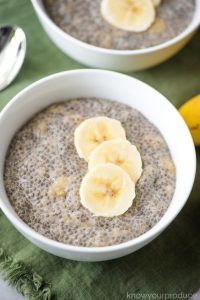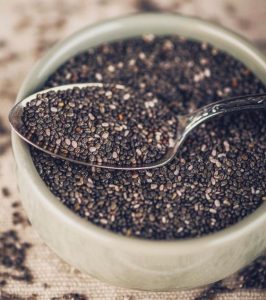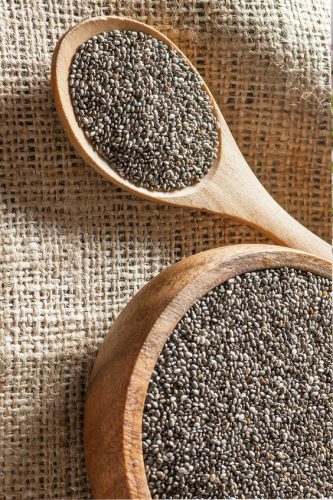Chia seeds have undergone comprehensive genomic sequencing, laying the groundwork for future research that explores the nutritional and health benefits of this plant.
Scientists have identified chia genes associated with enhancing nutrition and are exploring their potential for therapeutic properties in treating conditions ranging from cancer to hypertension. In recent years, the nutritional composition of chia seeds has garnered widespread attention.
While previous studies have sequenced the chia seed genome, this article delves more deeply into molecular-level analysis and genetic data mining, with a specific focus on applications for human health.

This research opens up possibilities for scientists to study chia seeds from a human health perspective, improving our understanding of all the nutritional advantages they offer.
Traditionally considered an orphan or minor crop, chia seeds have not received the same scientific attention as rice, wheat, and corn—key players in the Green Revolution of the last century, which alleviated global hunger and saved millions of lives.
As we face ongoing challenges in ensuring long-term food and nutritional security through breeding and genetic enhancement, there is a growing demand for nutrient-rich “orphan crops” like chia seeds.
Researchers note a recent global increase in demand for nutrient-rich orphan crops such as chia seeds, millet, and yams. Apart from their nutritional value, these crops are crucial because they can often thrive in marginal lands unsuitable for many traditional staple crops—a significant asset in mitigating climate change.
Chia seeds, small and round, come in black, brown, and white varieties, rich in fiber, healthy fats, and protein. They are commonly incorporated into recipes for smoothies, yogurt, oatmeal, pancakes, and granola.
Previous studies have found that:
- The polyunsaturated fatty acids in chia seeds can improve cardiovascular health, lower cholesterol, and exhibit anti-cancer properties.
- The high fiber content in chia seeds helps stabilize blood sugar levels in type 2 diabetes patients and aids those with gastrointestinal-related diseases.
- Protein in chia seeds holds potential for treating cancer and hypertension, along with antioxidant, anti-inflammatory, and antimicrobial properties.

Chia seeds, when soaked in water, form a gel and serve as texturizers, emulsifiers, thickeners, and encapsulating agents in various food, cosmetic, and pharmaceutical products.
Furthermore, this latest research identifies genes and genetic markers in chia seeds that can assist agricultural researchers in breeding plants with valuable traits for human health.
Researchers have identified 29 genes related to the biosynthesis of polyunsaturated fatty acids and 93 genes contributing to the formation of chia seed gel characteristics. Additionally, they discovered 2,707 highly expressed genes in the seeds, potentially producing protein-derived bioactive peptides. When these peptides are released and absorbed in the body after seed protein digestion in the intestine, they may contribute to alleviating human health conditions such as type 2 diabetes and hypertension.



